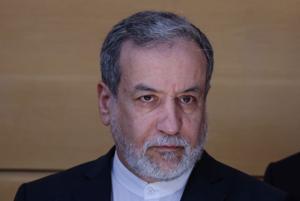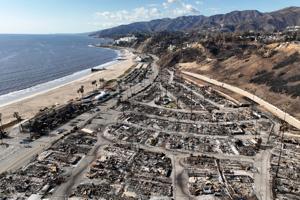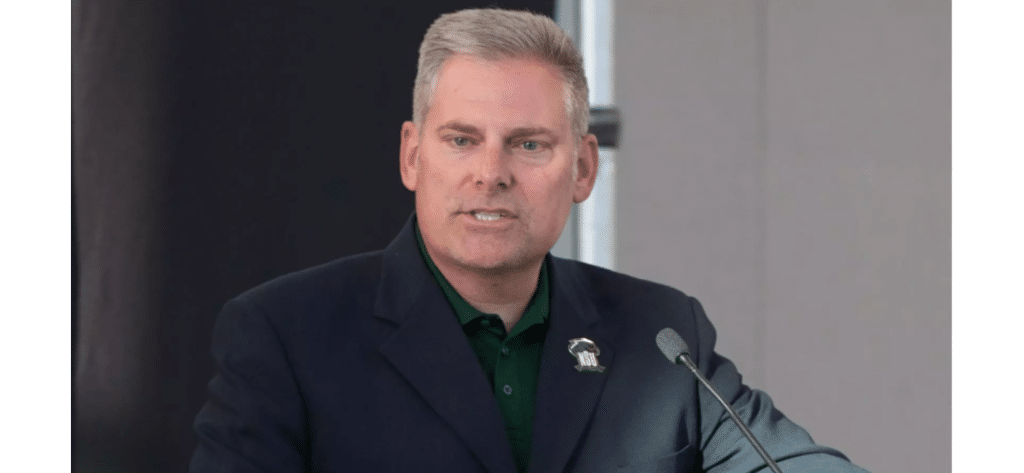US Airstrike Causes Significant Damage to Iran’s Fordow Nuclear Facility

The United States’ recent airstrike on Iran’s Fordow nuclear site has resulted in “serious and heavy damage” to the facility, according to Iranian Foreign Minister Abbas Araqchi. In an exclusive interview with CBS News, Araqchi detailed the extent of the damage, marking a significant escalation in tensions between the two nations.
The attack on the Fordow site, a critical component of Iran’s nuclear program, underscores the ongoing geopolitical struggle over nuclear capabilities in the Middle East. The facility, located near the city of Qom, has been a focal point of international scrutiny and diplomatic negotiations for years.
Background on the Fordow Facility
Fordow, originally constructed in secret, was revealed to the world in 2009. The site is built deep underground, making it particularly challenging to target and destroy. It has been central to Iran’s uranium enrichment efforts, a process that has been at the heart of international concerns over potential nuclear weapons development.
The facility’s exposure in 2009 led to increased international pressure on Iran, resulting in a series of negotiations that culminated in the 2015 Joint Comprehensive Plan of Action (JCPOA). Under the JCPOA, Iran agreed to limit its nuclear activities in exchange for sanctions relief. However, the United States’ withdrawal from the agreement in 2018 under the Trump administration reignited tensions.
Reactions and Implications
The bombing has elicited strong reactions from both Iranian officials and the international community. Araqchi’s comments highlight the potential for further conflict, as Iran has vowed to respond to what it perceives as an act of aggression.
Experts warn that this incident could derail any ongoing efforts to revive the JCPOA. “The damage to Fordow not only affects Iran’s nuclear capabilities but also complicates diplomatic efforts,” said Dr. Emily Landau, a senior research fellow at the Institute for National Security Studies. “It raises the stakes for all parties involved.”
“The damage to Fordow not only affects Iran’s nuclear capabilities but also complicates diplomatic efforts.” – Dr. Emily Landau
Meanwhile, the United States has justified its actions as a necessary measure to prevent Iran from advancing its nuclear ambitions. However, critics argue that military interventions could lead to unintended consequences, further destabilizing the region.
Historical Context and Future Outlook
This development echoes past conflicts in the region, where military actions have often led to prolonged instability. The 1980s Iran-Iraq War and the 2003 Iraq invasion serve as reminders of the complexities involved in Middle Eastern geopolitics.
Looking forward, the international community faces a critical juncture. The potential for renewed negotiations hinges on the ability of world powers to navigate the delicate balance between deterrence and diplomacy. The European Union, along with other signatories of the JCPOA, may play a pivotal role in mediating between the United States and Iran.
As tensions simmer, the global focus remains on preventing a full-scale conflict. The coming weeks will be crucial in determining whether diplomatic channels can be restored or if further escalation is inevitable.
The international community will be watching closely as both nations weigh their next moves. The outcome of this situation could have far-reaching implications for global nuclear policy and regional stability.






